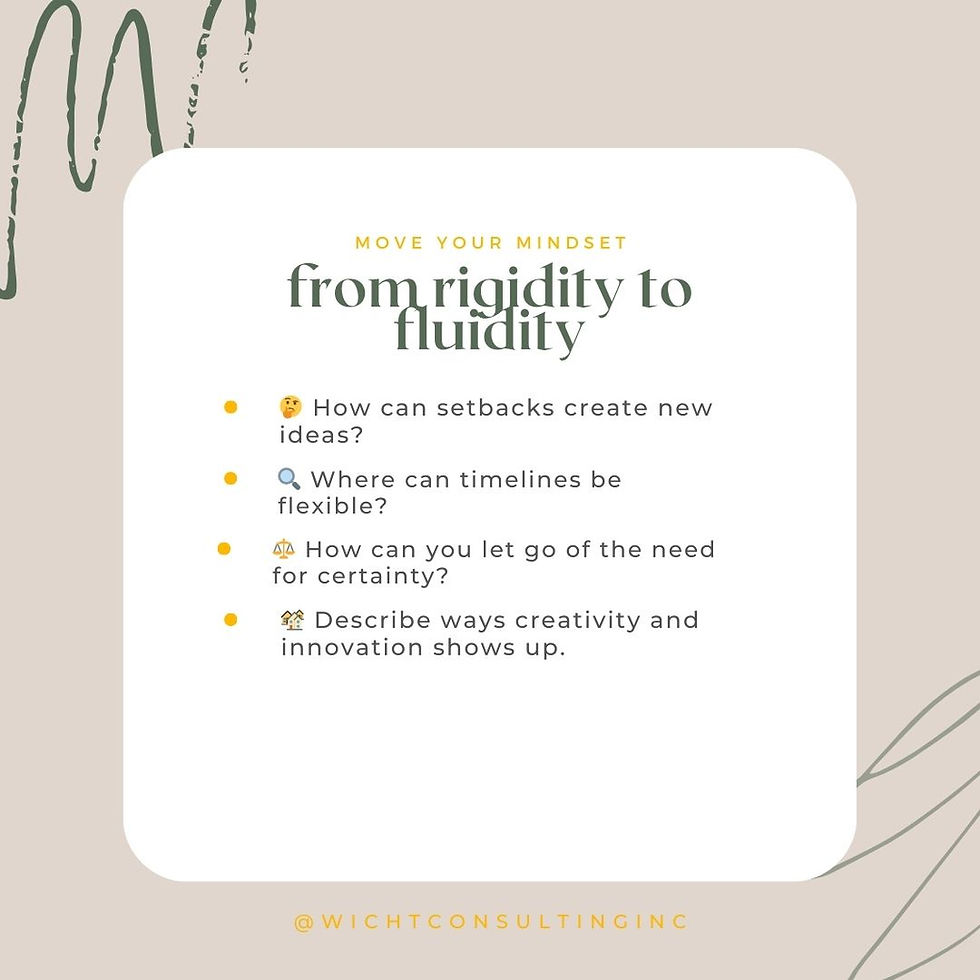What Does It Mean to Be Wicked?
- sarawicht

- Nov 26, 2024
- 3 min read
Last night, my routine was pleasantly transformed for 2 hours and 40 minutes as I sunk into the theater chair for Wicked, starring Cynthia Erivo. Wicked reimagines the Land of Oz through the complex friendship between Elphaba (the misunderstood green-skinned woman who becomes the Wicked Witch of the West) and Glinda (the privileged, popular witch), revealing how societal forces and personal choices shape their divergent paths to power. Their relationship, tested by love, politics, and moral choices, ultimately exposes how history's villains and heroes are created through perspective and propaganda, challenging audiences to question what it truly means to be "wicked" or "good."
Looking at literature through different theoretical frameworks reveals how stories operate on multiple levels simultaneously - much like viewing a prism from different angles. Each lens illuminates distinct patterns of power, privilege, and human experience that might otherwise remain invisible.
A feminist reading exposes how patriarchal systems pit powerful women against each other, with Elphaba and Glinda's relationship demonstrating how female solidarity threatens the status quo.
A class analysis reveals how ruling classes maintain power by manipulating public perception and scapegoating marginalized groups, shown through the Wizard's manufactured authority and persecution of talking animals.
A racial lens highlights how those marked as "different" (symbolized by Elphaba's green skin) face systemic discrimination and are demonized when they resist assimilation, even when fighting for justice.
These frameworks aren't mutually exclusive - they intersect and overlap, enriching our understanding of how power operates in both literature and life. When we combine these perspectives, we see how various forms of oppression and resistance work together, deepening our appreciation of both the story's artistry and its social commentary.
This multi-lens approach helps us understand not just what a story means, but how it reflects and shapes our understanding of power, identity, and justice in the real world.
Feminist | Socio-Economic Class | Race |
Wicked reveals how patriarchal systems pit powerful women against each other, illustrated through Elphaba and Glinda's relationship, where their quests for autonomy and societal acceptance in Oz ultimately expose how female solidarity threatens the status quo that benefits from their division. | Wicked exposes how ruling classes maintain power by manipulating public perception and scapegoating marginalized groups, shown through Elphaba's vilification despite her fight against the systematic oppression of talking Animals and her challenge to the Wizard's manufactured authority.
| Wicked illustrates how people marked as "different" (symbolized by Elphaba's green skin) face systemic discrimination and are ultimately demonized when they resist the dominant culture's attempt to either assimilate or subjugate them, even when fighting for justice.
|
The power of examining art and social phenomena through different theoretical lenses - whether feminist, socioeconomic, racial, or others - lies not in finding a single "correct" interpretation, but in revealing the multiple layers of meaning and power dynamics at play in any given work. Just as Wicked can be understood as a story about female relationships, class struggle, and racial othering, these frameworks help us understand how various forms of oppression and resistance operate simultaneously in both art and society. When we approach literature and life with this theoretical flexibility, we develop a richer, more nuanced understanding of human experience and social dynamics. Rather than seeking definitive answers, these analytical tools invite us to engage in ongoing dialogue about how stories shape - and are shaped by - the complex interplay of power, identity, and justice in our world.
Thanks for reading! Here are some follow-up questions to consider.
What moments in Wicked resonated most deeply with your own experiences of being labeled or misunderstood? How does viewing these moments through different theoretical lenses shift your perspective?
The musical asks us to consider how history is written by the victors. In what other stories - either in literature or real life - have you seen this pattern of vilification and propaganda shape public perception?
Elphaba's choice to resist or 'defy gravity' comes at a great personal cost. When we examine social movements through these different lenses (feminist, class, racial), how do we see similar patterns of resistance and backlash playing out in our current moment?




Comments